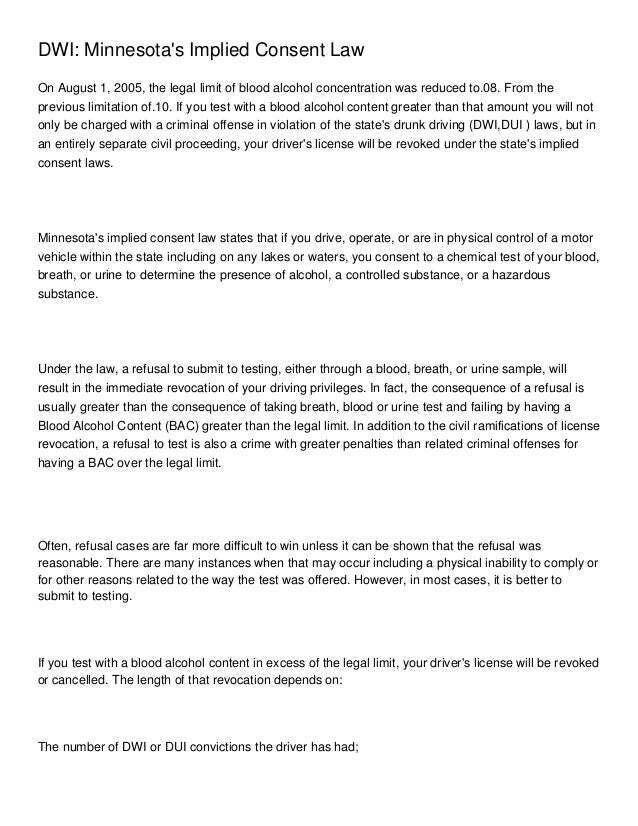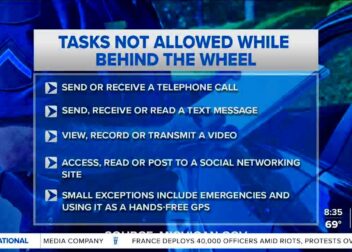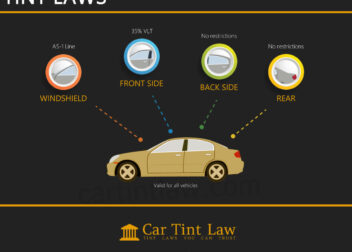Key Points on Minnesota Implied Consent Law
In Minnesota the Implied Consent Law plays a role in handling driving under the influence (DUI) situations. Essentially when you drive on Minnesotas roads you are seen as giving your consent to undergo testing if a police officer suspects you of being impaired. This law tends to catch many drivers off guard as they may not fully understand the implications of their agreement when they get behind the wheel. Lets explore the significance of this law and its potential impact on you.
Understanding Implied Consent
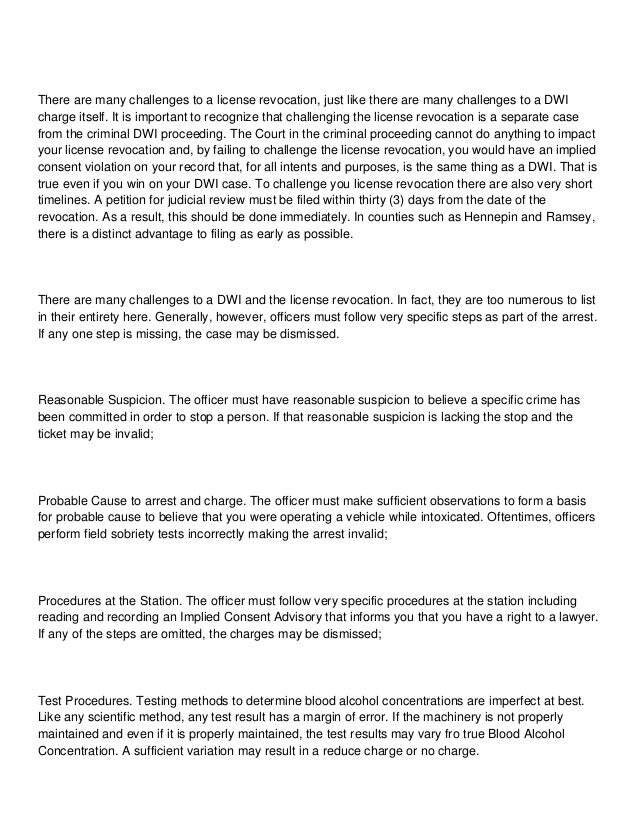
The idea of consent may seem somewhat vague initially. Basically by applying for a license in Minnesota you are essentially saying you are okay with taking a test if a police officer suspects you of driving while intoxicated. This test can be done through breath, blood or urine samples.
You could see it like this, when you enjoy the freedom to drive on roads you also take on some responsibilities. One of them is working with the police if they think you might be drunk. Its not only about obeying the rules; its about keeping our roads safer for all.
Legal Requirements for Testing
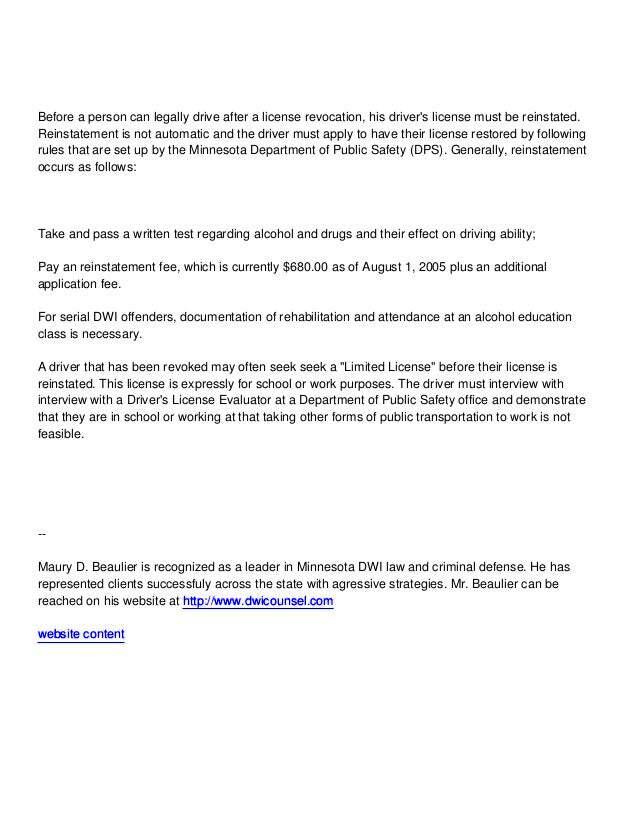
When an officer asks you to take a test, you are legally obligated to do so. Here’s a brief overview of what you need to know regarding the expectations.
- Types of Tests: The law covers breath, blood, and urine tests. Breath tests are the most common, often administered at the scene or at a police station.
- Officer’s Role: The officer must inform you of your rights and the consequences of refusing the test. This is usually done after you’ve been arrested or detained under suspicion of DUI.
- Consent Upon Arrest: Once you are arrested, you must consent to the test. Refusing to take it can lead to automatic penalties.
Through my own experiences, I’ve witnessed the profound effect this law can have on an individuals life. It’s a challenging predicament and the choice to decline a test may stem from fear or confusion. However being aware of your rights and the legal aspects can assist you in making decisions.
Penalties for Refusal
Declining to undergo a test in accordance with Minnesotas Implied Consent Law is no trivial issue. The repercussions can be severe and they carry both short term and lasting effects. Should you opt for refusal here are some potential outcomes you may encounter.
- License Suspension: Your driver’s license will be automatically suspended. The duration can vary based on whether it’s your first refusal or a repeat offense. For a first refusal, it could be up to one year, and for subsequent refusals, it might be even longer.
- Criminal Charges: Refusing a test can lead to additional criminal charges. While these may not be as severe as DUI charges, they still carry significant consequences.
- Increased Penalties for DUI: If you are eventually convicted of DUI, refusing the test can lead to more severe penalties compared to if you had complied with the testing.
Based on what I’ve witnessed a rejection can snowball into a much larger problem. The pressure and legal entanglements can be quite burdensome. It’s important to realize that although saying no may appear to be a means of sidestepping trouble it frequently results in more serious issues later on.
How the Law Affects Your License
The Implied Consent Law directly affects your ability to drive. If you are asked to take a test and refuse the consequences for your license are swift and severe.
- Automatic Suspension: As mentioned earlier, refusing a test results in automatic suspension of your license. The length of suspension is based on your prior offenses and the specific circumstances of your refusal.
- Reinstatement Fees: To get your license back after a suspension, you’ll need to pay reinstatement fees, which can be quite hefty. This doesn’t include any legal fees you might incur from fighting the suspension.
- Impact on Insurance: A license suspension can also lead to increased insurance premiums. Insurance companies often view a refusal to take a test as a red flag, which could raise your rates significantly.
I have friends who have dealt with these problems and it’s not simply an inconvenience it can impact your everyday life and financial security. It serves as a reminder of the significance of grasping the complete consequences of the Implied Consent Law.
Exceptions to the Law
Although Minnesota’s Implied Consent Law is stringent there are certain situations where its application is less strict. Gaining insight into these exceptions can offer clarity.
- Medical Conditions: If you have a medical condition that makes it impossible to take a chemical test, you can contest the refusal. For instance, if you have a condition that affects your ability to provide a breath sample, you may need to provide medical documentation.
- Unreasonable Detention: If you believe that your detention was not justified, this can sometimes be used as a defense against the refusal penalty. However, this requires a legal challenge and evidence to support your claim.
- Improper Procedure: If the officer did not follow proper procedures—such as not informing you of the consequences of refusal or failing to provide the correct information—this might be a valid defense.
Based on what I’ve encountered and the tales I’ve come across dealing with these exceptions can be quite tricky. If you ever find yourself in a spot where you think an exception could be relevant it’s wise to consult a legal professional. Every situation is different and a skilled lawyer can assist you in grasping your choices.
Challenging Implied Consent Violations
Navigating a challenge against a breach of Minnesota’s Implied Consent Law can be quite tough though it’s not entirely unfeasible. If you feel that the law was enforced in a manner or unjustly you have several avenues available to dispute it.
- Procedural Errors: If the law enforcement officer made mistakes, such as failing to follow proper procedures or not explaining the consequences of refusing the test clearly, you might have grounds to challenge the violation.
- Medical Conditions: If you had a valid medical reason that prevented you from taking the test, providing evidence such as medical records or expert testimony can be crucial. This approach requires thorough documentation and possibly expert witness testimony.
- Questioning the Arrest: Sometimes, the arrest itself can be contested. If the officer did not have probable cause or if there were issues with the arrest procedure, it could impact the validity of the Implied Consent violation.
Based on what I’ve seen disputing a violation can be quite challenging. It involves not only grasping the legal aspects but also collecting the necessary evidence and presenting it in a compelling way. Having a lawyer by your side can greatly impact these scenarios helping you navigate through the intricate legal maze.
Recent Changes and Updates
The legal landscape surrounding Minnesotas Implied Consent Law is not set in stone. There have been a number of recent developments and modifications that drivers should stay informed about.
- Increased Penalties: Recent legislative changes have led to stricter penalties for refusing a chemical test. The suspension periods and fines have been adjusted to reflect the state’s commitment to combating impaired driving.
- Enhanced Testing Procedures: Advances in technology have introduced more sophisticated methods for testing and handling evidence. These updates aim to improve the accuracy and reliability of tests.
- Legal Challenges: New case laws and court decisions continue to shape how the Implied Consent Law is enforced. Staying informed about recent court rulings can provide valuable insights into how the law is applied.
I’ve witnessed firsthand the varying impacts of legal changes on people. What may seem like a concern can escalate into a bigger hurdle due to fresh rules. Staying informed about these developments is wise to steer clear of unwelcome surprises.
Frequently Asked Questions
Here are some frequently asked questions regarding the Minnesota Implied Consent Law.
- What happens if I refuse a chemical test? Refusing a test will result in an automatic license suspension and potentially additional legal penalties. The length of the suspension can vary based on your prior record.
- Can I challenge a license suspension due to refusal? Yes, you can challenge a suspension if you believe there were procedural errors or if you had a valid medical reason for refusal. Consulting a legal expert is advisable in these cases.
- Are there any exceptions to the Implied Consent Law? Exceptions include certain medical conditions or improper procedure by the officer. However, proving these exceptions requires substantial evidence and legal assistance.
- How can recent changes affect me? Recent updates to the law can lead to increased penalties and changes in testing procedures. Staying informed about these changes can help you navigate the legal landscape more effectively.
Based on my own experiences grasping these common questions can really impact how you handle legal matters. When you have responses it aids in making well thought out choices and getting ready for any obstacles that may come your way.
Conclusion
Grasping the nuances of Minnesotas Implied Consent Law is essential for anyone hitting the roads in the state. This legislation aims to ensure drivers cooperate with chemical tests when suspected of DUI to enhance road safety. However failing to comply with this law can lead to serious repercussions ranging from automatic license suspensions to harsher penalties for refusal. While navigating this legal terrain may be challenging being aware of your rights, the consequences of refusal and recent changes that could affect you can empower you to make decisions and steer clear of unintended outcomes. Whether you’re disputing a violation or seeking clarity on the law it’s wise to seek counsel for valuable insights. Stay updated stay protected and ensure you have a solid grasp of the driving regulations.
